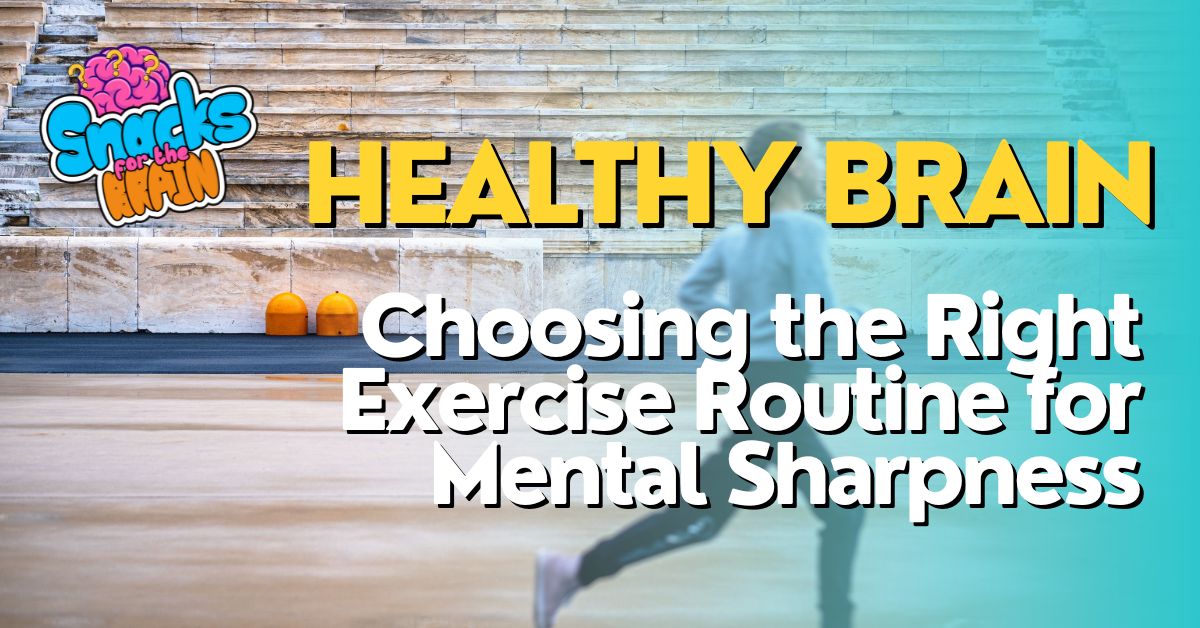Sleep is essential for the overall health and well-being of children. However, many children experience sleep disorders that can significantly impact their physical, emotional, and cognitive development. Sleep disorders in children can manifest in various ways, including difficulty falling asleep, staying asleep, or experiencing poor quality sleep. These issues can lead to daytime sleepiness, irritability, and difficulty concentrating, which can affect their academic performance and social interactions. It is important for parents and caregivers to be aware of the common types of sleep disorders in children, their impact on brain development, and the long-term consequences of untreated sleep disorders. By understanding these factors, they can take proactive steps to manage and seek professional help for their child’s sleep issues.
Key Takeaways
- Sleep disorders in children can have a significant impact on their overall health and well-being.
- Common types of sleep disorders in children include insomnia, sleep apnea, and restless leg syndrome.
- Sleep disorders can affect brain development in children, leading to cognitive and behavioral issues.
- Behavioral and cognitive effects of sleep disorders in children may include irritability, difficulty concentrating, and poor academic performance.
- Untreated sleep disorders in children can lead to long-term consequences such as obesity, diabetes, and cardiovascular problems.
- Strategies for managing sleep disorders in children may include establishing a bedtime routine, creating a comfortable sleep environment, and limiting screen time before bed.
- Seeking professional help for sleep disorders in children is important for accurate diagnosis and effective treatment.
Common Types of Sleep Disorders in Children
There are several common types of sleep disorders that can affect children. One of the most prevalent is insomnia, which involves difficulty falling asleep or staying asleep. This can be caused by various factors, including stress, anxiety, or poor sleep habits. Another common sleep disorder is sleep apnea, which is characterized by pauses in breathing during sleep. This can lead to disrupted sleep and decreased oxygen levels in the body, impacting overall health. Restless leg syndrome is another sleep disorder that causes uncomfortable sensations in the legs, leading to an irresistible urge to move them, often disrupting sleep. Additionally, parasomnias such as sleepwalking, night terrors, and bedwetting can also disrupt a child’s sleep patterns. Identifying the specific type of sleep disorder affecting a child is crucial in developing an effective management plan.
Impact of Sleep Disorders on Brain Development
Sleep plays a critical role in brain development, especially in children. During sleep, the brain consolidates memories, processes information, and supports overall cognitive function. When children experience sleep disorders, it can disrupt these essential processes, leading to cognitive deficits and behavioral issues. Chronic sleep deprivation can impair attention, memory, and decision-making skills, affecting academic performance and social interactions. Additionally, inadequate sleep can impact emotional regulation, leading to mood swings and irritability. Furthermore, sleep disorders can affect the development of the prefrontal cortex, which is responsible for executive functions such as impulse control and decision-making. Therefore, addressing sleep disorders in children is crucial for supporting healthy brain development.
Behavioral and Cognitive Effects of Sleep Disorders
The behavioral and cognitive effects of sleep disorders in children can be far-reaching. Children with sleep disorders may exhibit symptoms such as irritability, hyperactivity, and difficulty concentrating during the day. These issues can impact their academic performance and social interactions with peers. Additionally, sleep disorders can contribute to mood disturbances such as anxiety and depression, further affecting a child’s overall well-being. Cognitive effects of sleep disorders may include impaired memory consolidation, decreased attention span, and reduced problem-solving abilities. These cognitive deficits can hinder a child’s ability to learn and retain information in school. It is essential for parents and caregivers to recognize these behavioral and cognitive effects and seek appropriate interventions to support their child’s development.
Long-term Consequences of Untreated Sleep Disorders
Untreated sleep disorders in children can have long-term consequences that extend into adulthood. Chronic sleep deprivation during childhood has been linked to an increased risk of developing mental health disorders such as anxiety and depression later in life. Additionally, inadequate sleep in childhood has been associated with an increased risk of obesity, cardiovascular disease, and diabetes in adulthood. Furthermore, untreated sleep disorders can impact academic achievement and career success in the long term. Children who experience chronic sleep issues may struggle academically, leading to lower educational attainment and decreased opportunities in the future. Therefore, addressing sleep disorders in childhood is crucial for preventing long-term negative outcomes.
Strategies for Managing Sleep Disorders in Children

There are various strategies that parents and caregivers can implement to manage sleep disorders in children. Establishing a consistent bedtime routine can help signal to the child’s body that it is time to wind down and prepare for sleep. This routine may include activities such as reading a book, taking a warm bath, or practicing relaxation techniques. Creating a comfortable sleep environment with minimal distractions and a supportive mattress and pillows can also promote better quality sleep. Limiting screen time before bed and avoiding stimulating activities close to bedtime can help regulate the child’s circadian rhythm and promote better sleep. In some cases, dietary adjustments or supplementation with melatonin may be recommended under the guidance of a healthcare professional. It is important for parents to work closely with their child’s healthcare provider to develop a personalized plan for managing their sleep disorder.
Importance of Seeking Professional Help for Sleep Disorders in Children
Seeking professional help for children with sleep disorders is crucial for identifying underlying causes and developing effective treatment plans. A healthcare provider can conduct a thorough evaluation to determine the specific type of sleep disorder affecting the child and recommend appropriate interventions. This may involve conducting a sleep study to monitor the child’s sleeping patterns and identify any underlying issues such as sleep apnea or restless leg syndrome. Additionally, a healthcare provider can offer guidance on implementing behavioral interventions to improve sleep hygiene and address any underlying psychological factors contributing to the sleep disorder. In some cases, medication or other medical interventions may be necessary to manage the child’s sleep disorder effectively. By seeking professional help, parents can ensure that their child receives the support they need to achieve restful and restorative sleep.
In conclusion, sleep disorders in children can have significant implications for their overall health and development. Understanding the common types of sleep disorders, their impact on brain development, and the long-term consequences of untreated sleep issues is essential for parents and caregivers. By implementing strategies for managing sleep disorders and seeking professional help when needed, parents can support their child’s healthy sleep patterns and promote optimal development. Addressing sleep disorders in childhood is crucial for setting the stage for a lifetime of good physical and mental health.
Sleep disorders in children can have a significant impact on their brain development, affecting their cognitive abilities and overall well-being. Understanding the importance of quality sleep for children is crucial for parents and caregivers. To further explore this topic and learn about strategies to enhance brain function and memory, check out the article «Unlock the Full Potential of Your Brain: Tips to Increase Intelligence and Memory» on IntelligencesnHacks. This insightful piece provides valuable insights into optimizing brain health and cognitive performance.
FAQs
What are sleep disorders in children?
Sleep disorders in children are conditions that affect the ability of a child to get the necessary amount of quality sleep. These disorders can include insomnia, sleep apnea, restless leg syndrome, and parasomnias such as sleepwalking and night terrors.
What are the common symptoms of sleep disorders in children?
Common symptoms of sleep disorders in children include difficulty falling asleep, frequent waking during the night, snoring, breathing pauses during sleep, excessive daytime sleepiness, irritability, and difficulty concentrating.
How do sleep disorders impact brain development in children?
Sleep is crucial for brain development in children. Sleep disorders can disrupt the natural sleep cycles and affect the brain’s ability to consolidate memories, process emotions, and regulate behavior. This can lead to cognitive and behavioral problems, as well as impact overall brain development.
What are the potential long-term effects of untreated sleep disorders in children?
Untreated sleep disorders in children can lead to long-term effects such as impaired cognitive function, poor academic performance, behavioral problems, mood disorders, and an increased risk of developing chronic health conditions such as obesity and diabetes.
How are sleep disorders in children diagnosed and treated?
Sleep disorders in children are diagnosed through a combination of medical history, physical examination, and sleep studies. Treatment options may include behavioral interventions, lifestyle changes, and in some cases, medication. It is important for parents to consult with a pediatrician or sleep specialist for proper diagnosis and treatment.






